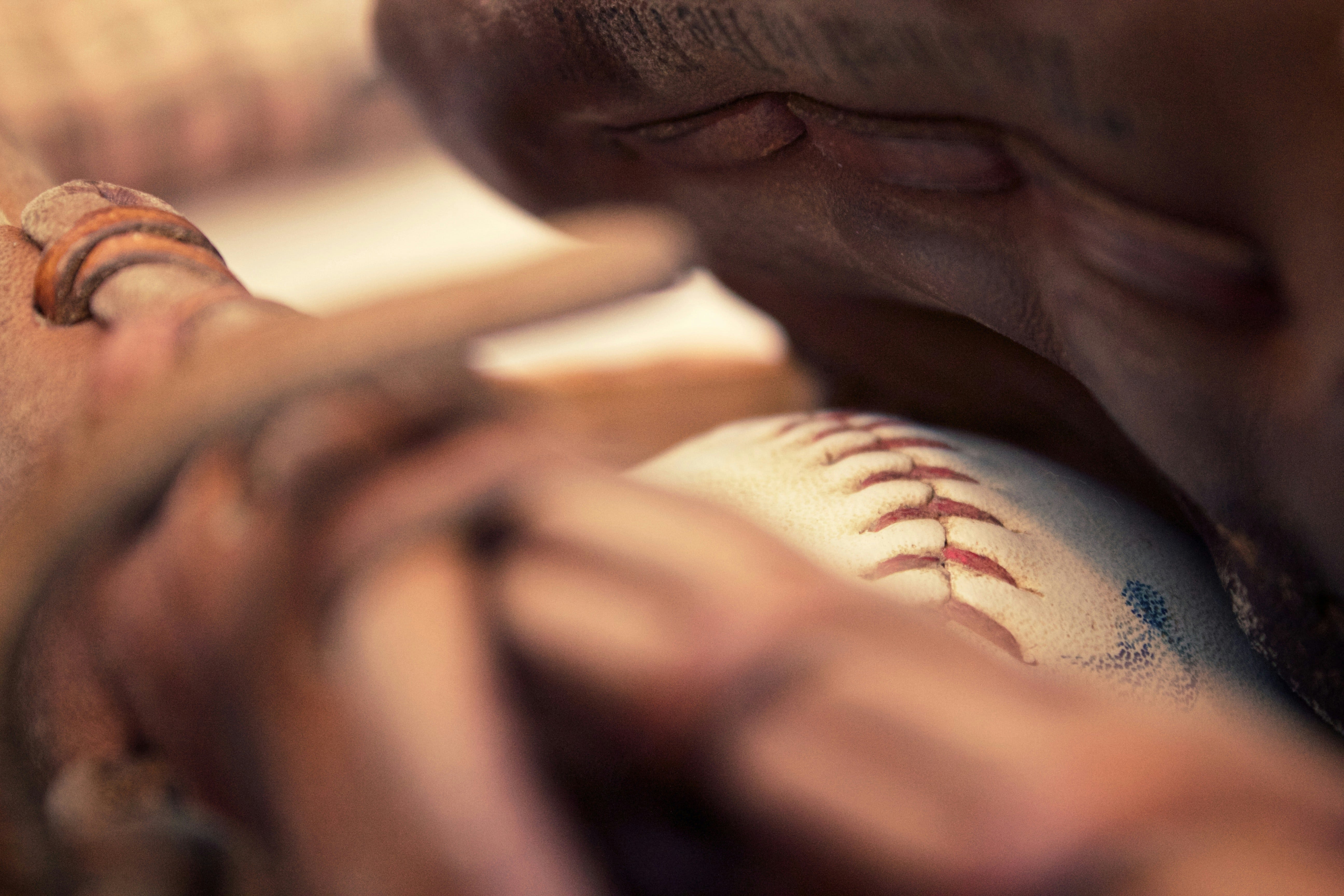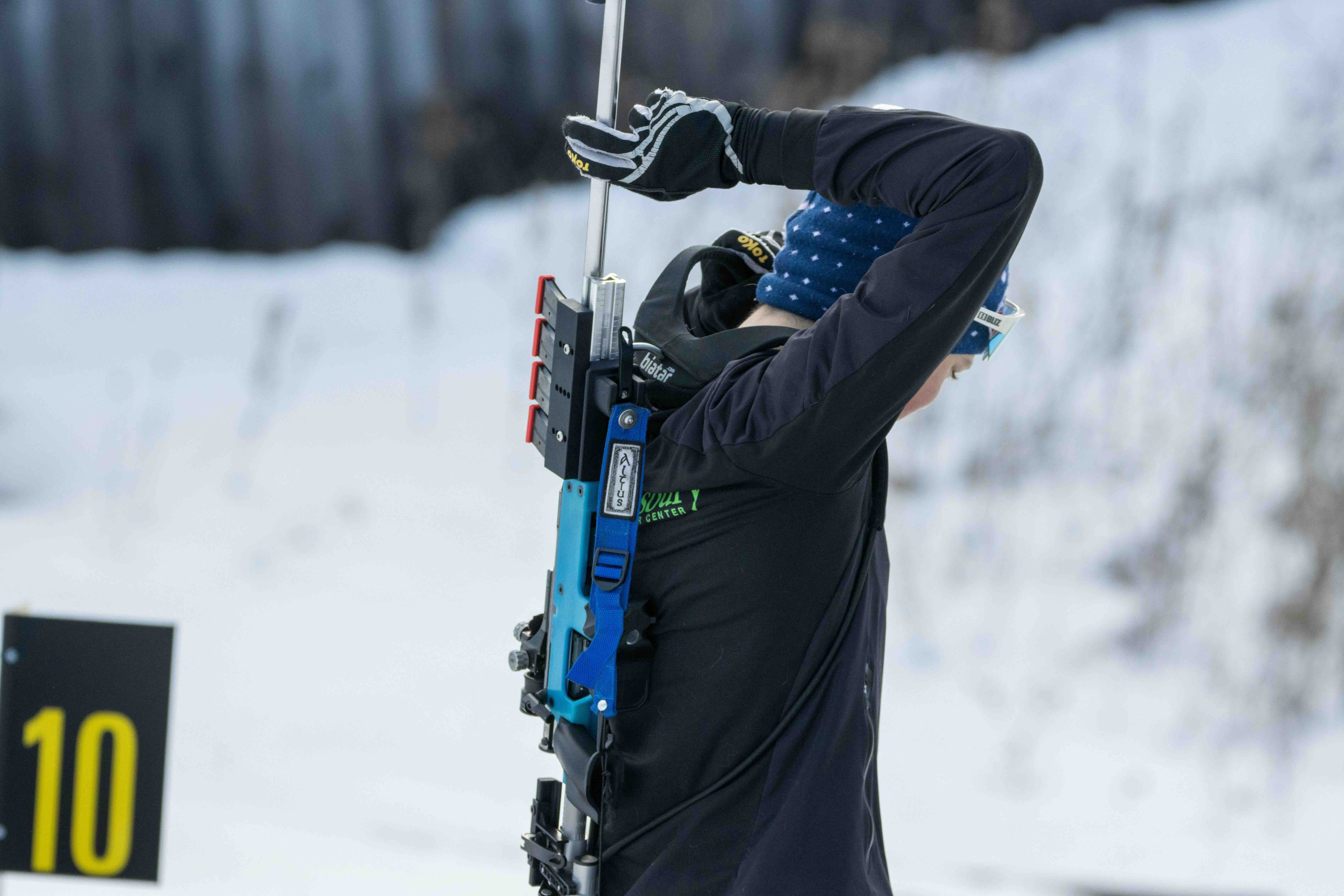
In sports, legacy washing refers to the rewriting or editing of an athlete's or coach's image, record, or likeness, usually post-retirement or in a memorandum of their death. Oftentimes, it is in the form of censoring or polishing one’s history to void their records of their crimes and bad behavior, emphasizing their athletic achievements and legacy in their sport instead. This practice in sports is a version of revisionist history, in which information may be presented with bias or redacted.
Why should I care about legacy washing?
It can be hard to recognize, admit, and hold in our minds that our sports heroes can be both champions and have enacted problematic, scandalous, or illegal behaviors. This cognitive dissonance, or holding beliefs incongruent with realities, can feel uncomfortable.
We tend to want to focus on their impressive feats and sporting accomplishments — yet, the truth is messy. We often reach for simple and comfortable explanations — like “This is a witch hunt,” or “They would never do that…I've known them for years,” — when confronted with the knowledge of our hero’s illicit activities. We may even feel like we are betraying our idols to acknowledge their problematic actions when we have adored, respected, and loved them.
What are the consequences of legacy washing?
Legacy washing can cause harm to victims of abuse because it centers the focus on the person’s accomplishments, accolades, and feats rather than the victims’ experiences. By neglecting the full story, we are minimizing and omitting the harm perpetrators have caused others. This often sends the message that athletic prowess is the only thing that matters and should be remembered in lieu of holding individuals accountable for their actions.
Legacy washing gives passive permission for harmful behaviors to continue, signaling that the “good” outweighs or excuses the “bad”. Legacy washing can also discourage future disclosures when misconduct and abuse are downplayed as “mistakes”, pardoned by excuses like youth or ignorance, or not included at all.
We have to remember that our responses to abuse and misconduct as individuals and as a society play a key role in the short- and long-term well-being of survivors, in survivor disclosures, and in the effectiveness of future abuse prevention efforts.
The solution? Legacy doesn’t need to be erased — but it must be complete.
Think, “yes, and”. We must come to terms with the fact that good people can do bad things — that perhaps our sports legends may also have perpetrated behaviors that were harmful to themselves, others, and society at large.
We have to work on coping with our discomfort regarding this cognitive dissonance and ensure thatour views of history and our heroes are holistic. This helps to ensure the experiences of victims are not being silenced or discarded.
Kathryn McClain, MSW, MBA
Program and Partnerships Director at #WeRideTogether
kmcclain@weridetogether.today
Michaela Callie, MBA
Executive Director at #WeRideTogether
mcallie@weridetogether.today




